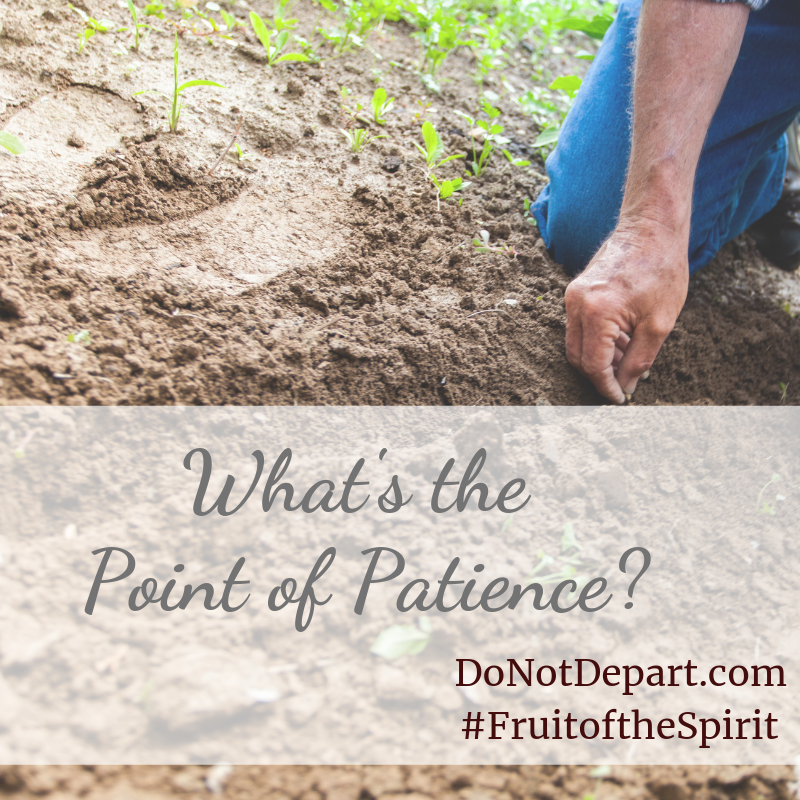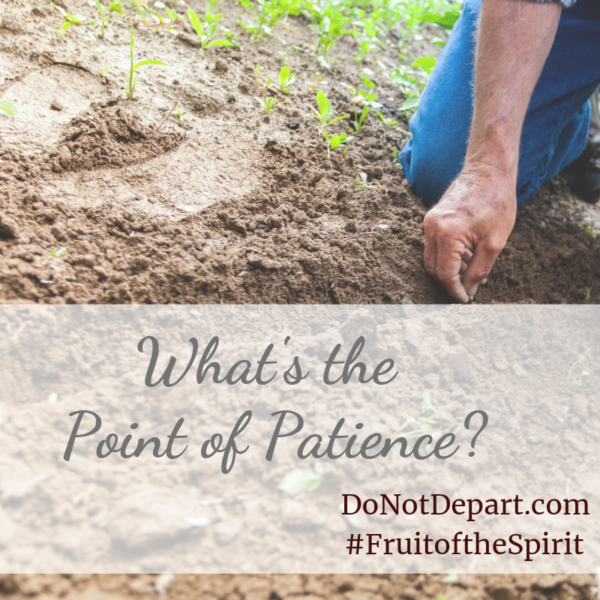The last few weeks have been a long exercise in regularly taking my thoughts captive and putting my trust in the promises of Jesus. I feel like Peter walking towards Jesus on the water (Matthew 14:24-33). One moment he is following Jesus’ voice and the next he’s distracted by the storm swirling around him. A wave of news swells to my left and I fear I will sink beneath it. But my spirit cries out, “Be still! Remember, He is God!”
One of the things Jesus promised us is that we will face trouble while we live on this earth.
I have said these things to you, that in me you may have peace. In the world you will have tribulation. (John 16:33)
Tribulation is a fancy word for trouble. I can’t think of a better description of what we are facing with this coronavirus. Most of us are isolated in our homes, inconvenienced by the widespread shut down. But others are hurting. Friends and neighbors are struggling with sickness, loss of loved ones, job loss and bills to pay. We are all facing uncertainty and anxiety. It’s trouble with a capital T!
How can we, as the hands and feet of Jesus, respond to the fear, anxiety, and trouble the world is facing?

Thankfully, the promise does not end there. Jesus said,
But take heart; I have overcome the world.” – John 16:33
Through his work on the cross and his resurrection (the very event we celebrate this coming Sunday!), He is already victorious over sin and death.
As Betsie Ten Boom (sister of Corrie Ten Boom, author of The Hiding Place) once said,
“…the lightning crack of justice has already struck, and we live in the silence before the thunderclap.”
The storm is still raging around us, but we know the happy ending is coming.
This month on the blog we’re going to be looking at some practical ways we can live and love our neighbors through the current trouble we call the covid19 crisis. May your experience be filled with the peace of God, which surpasses all understanding. May He guard your heart and mind in Christ Jesus (Philippians 4:7)!































